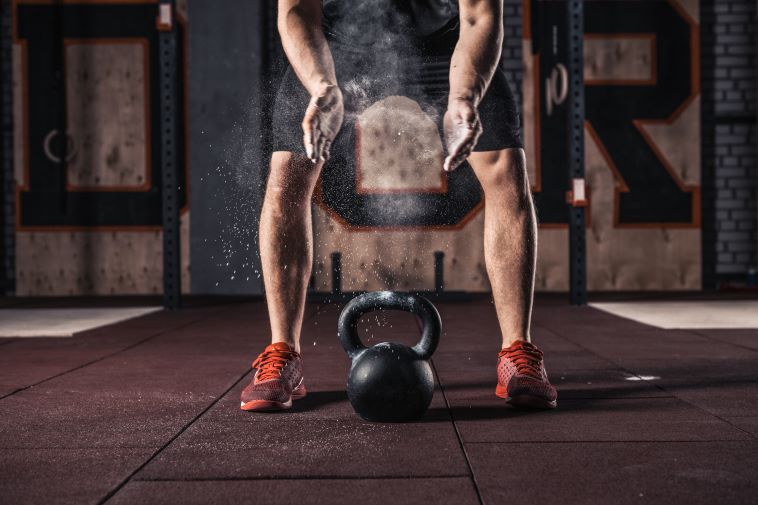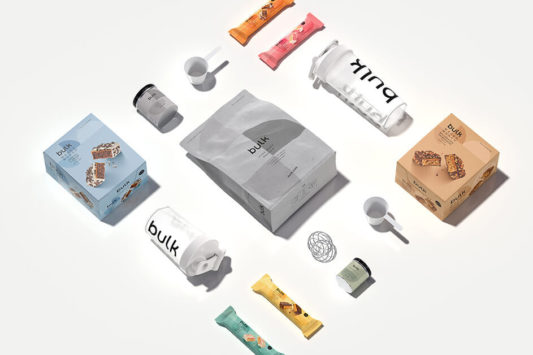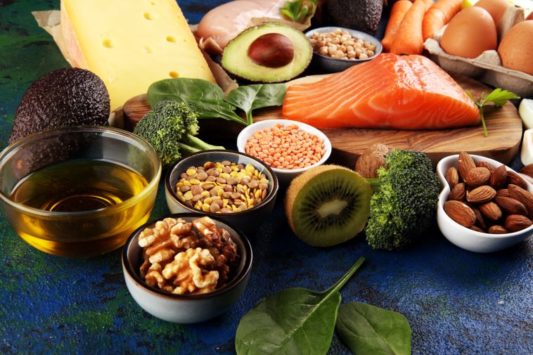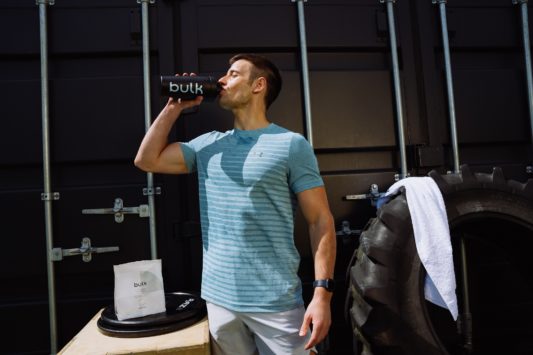Catabolism is a word that many of us fear because there is an automatic association with muscle loss. However, catabolism is actually a very important and essential process that is going on all the time in the body – It helps keep us alive, lose body fat and even plays essential roles in muscle building. In this article, I am going to take you on a whistle-stop tour of what catabolism is, what it means in each tissue and how it is influenced in the body.
Catabolism refers to a physiological process under which a complex molecule or tissue is broken down into a simpler form, usually to provide the body with energy in the form of ATP [1]. In every second of every day catabolism is taking place, alongside anabolism, the creation of more complex structures from simpler ones, typically to form new tissues such as muscle, bone or adipose tissue. It is this balance between anabolism and catabolism that will determine if a specific tissue increases or decreases in mass.
The biggest fear for most people is that they go ‘catabolic’ in muscle tissue, despite the fact that muscle breakdown is an integral part of stimulating the body to grow and even maintain muscle. We know that by feeding an adequate amount of protein in and around our training and over the course of the day that our anabolic process much outweighs or catabolic ones [2]. Interestingly, the acute cortisol response to resistance training has an association with muscle growth [3] despite it being a catabolic hormone.
Cortisol is one of our most dominant catabolic hormones and is actually, under normal circumstances our ‘friend’. One of the reasons cortisol is so important and is elevated during and after exercise is because it triggers the breakdown of glycogen in muscles and the release of stored body fat to provide energy for our increased fuel demands during and recovery after exercise [1]. It also helps to maintain blood glucose levels alongside another catabolic hormone glucagon. Without catabolism, we would not be able to lose weight, maintain performance and most importantly stay alive!
Cortisol is, however, a cruel mistress and if we place the body under increased stress for long periods, through poor lifestyle choices, lack of sleep, over-training, under-recovery and severe long-term energy deficits we get chronic elevations in cortisol, and this is where catabolism can turn nasty and start eating into muscle tissue.
If we put our body into a chronically high elevated cortisol state, this is when we need to have concern for catabolic processes taking over. High cortisol is associated with lower testosterone [4] and this may have implications not just for muscle loss, but will impact on mood state, general well-being and libido.
Fortunately, even if we place our bodies under quite a lot of stress for small periods of time, the body doesn’t ordinarily like to lose muscle tissue except as a last resort. So, if we are getting adequate recovery through enough quality sleep, a high protein diet (including complete proteins such as whey), providing enough essential fats (through healthy sources like nut butter and fish oils), and not severely restricting calorie intake for long periods, we shouldn’t need to worry about muscle loss when dieting until we reach very low levels of body fat.
For those building muscles, generally in a calorie surplus but looking to maximise their anabolic responses, then feeding a good amount of protein before bed will keep the body in a more anabolic state to support recovery and muscle growth [5]. Slow-digesting proteins like casein provide a steadier stream of amino acids, so during periods where we are least likely to be eating and be in our least anabolic state (such as sleep), we can provide some form of extra support for muscle building to optimise our capacity to build muscle.
It is important to remember that catabolism is a completely normal and essential process so the word should not ordinarily be feared and should be seen as a normal part of metabolism essential not only to our survival but integral to providing the fuel to support our training, recovery and promote fat loss. Without catabolism, the reality is that anabolism couldn’t take place because we wouldn’t be able to provide ATP (our energy currency) for anabolic, muscle-building processes to take place.
As for our catabolic hormones, even the often demonised cortisol is pretty important in these process as long as we are mindful of keeping our stress levels under control, as well as other catabolic hormones such as adrenaline that play a huge role in our nervous system response to stress, responsible for our fight or flight response, and that in the modern world prepare us for action in the sporting environment by increasing fuel availability and switching ‘on’ the nervous system [6]!
References
- Garrett, R.H and Grisham, C.M. Biochemistry. 5th ed. Cengage Learning, 2012.
- Philips, S.M, Tipton, K.D, Aarsland, A, Wolf, S.E and Wolfe, R.R. Mixed Muscle Protein Synthesis and Breakdown After Resistance Exercise in Humans. American Journal of Physiology – Endocrinology and Metabolism. 1997, 273(1). Available from: http://ajpendo.physiology.org/content/273/1/E99.short
- Kraemer, W.J and Ratamess, N.A. Hormonal Responses and Adaptations to Resistance Exercise and Training. Sports Medicine. 2005, 35(4), pp. 339-361. Available from: https://link.springer.com/article/10.2165/00007256-200535040-00004?no-access=true
- Emami, A, Nazem, M.R, Hedayati, M and Karami, M. Four Months of Combined and Compound Morning Training Improves Testosterone/Cortisol Ratio, Adiponectin and Insulin Resistance in Male Students. Sport Sciences for Health. 2016, 12(2), pp. 215-220. Available: https://link.springer.com/article/10.1007/s11332-016-0277-x
- Macnaughton, L and Witard, O. New Insights into Protein Recommendations for Promoting Muscle Hypertrophy. [Online]. Available from: http://www.storre.stir.ac.uk/bitstream/1893/21693/1/TSES_ISSUE_41-P8-P10.pdf
- Krahenbuhl, G.S. Adrenaline, Arousal and Sport. Journal of Sport Medicine. 1975, 3(3), pp. 117-121. Available from: https://www.ncbi.nlm.nih.gov/pubmed/1195705









